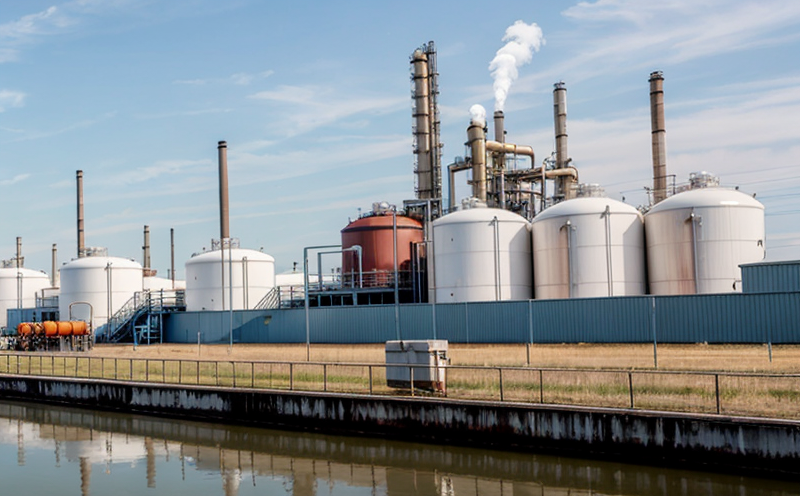USP 233 Chemical Impurity Safety Testing in Drugs
The United States Pharmacopeia (USP) General Chapter <233> Chemical Impurities: Identification, Quantitation and Control is a critical standard for ensuring the safety and quality of pharmaceutical products. This chapter is integral to drug development processes as it provides methodologies for identifying, quantifying, and controlling chemical impurities in drugs. Ensuring compliance with USP <233> helps protect public health by safeguarding patients from potentially harmful contaminants.
The primary focus of this service is the identification, quantitation, and control of chemical impurities through a series of tests that are both sensitive and specific. This includes the use of advanced analytical techniques such as High-Performance Liquid Chromatography (HPLC), Gas Chromatography-Mass Spectrometry (GC-MS), and other relevant methods to ensure that all potential contaminants are detected and controlled according to strict limits.
The process involves a meticulous series of steps, beginning with the collection and preparation of drug samples. This is followed by rigorous testing using the methodologies specified in USP <233>. The results are then analyzed to determine the presence and levels of chemical impurities. Compliance with this standard ensures that drugs meet stringent quality requirements.
Our laboratory employs state-of-the-art instrumentation and highly skilled scientists to perform these tests accurately and efficiently. We utilize cutting-edge technology such as HPLC, GC-MS, and other analytical tools to ensure precise detection and quantification of impurities. This approach guarantees that every batch of drug undergoes thorough scrutiny before being released into the market.
The USP <233> standard is essential for ensuring the safety of pharmaceutical products by identifying and controlling chemical impurities that could pose a risk to patient health. Our service goes beyond mere compliance with this regulation, offering comprehensive support tailored to meet your specific needs. By leveraging our expertise and resources, we ensure that every drug tested adheres strictly to USP <233> standards.
To summarize, the USP <233> standard plays a pivotal role in safeguarding public health by ensuring that pharmaceutical products are free from harmful impurities. Our laboratory's commitment to excellence and precision makes it an ideal partner for any organization seeking reliable chemical impurity testing services.
Applied Standards
| Standard | Description |
|---|---|
| USP <233> | General Chapter on Chemical Impurities: Identification, Quantitation and Control. |
| ISO 17025 | International standard for the competence of testing and calibration laboratories. |
| ASTM E348 | Standard practice for conducting chemical analysis to determine the purity or composition of materials by means of liquid chromatography. |
| EN 16705 | European standard for the determination of impurities in pharmaceuticals using HPLC and GC-MS. |
Eurolab Advantages
We offer a wide range of advantages that make us a preferred choice for USP <233> testing services:
- Experienced Professionals: Our team comprises highly trained and experienced scientists who are well-versed in the latest techniques and methodologies.
- State-of-the-Art Facilities: We have access to advanced equipment that ensures accurate and reliable results.
- Prompt Turnaround Times: We understand the importance of timely delivery and strive to provide quick, efficient service without compromising on quality.
- Comprehensive Reporting: Our reports are detailed and comprehensive, providing you with all necessary information for decision-making.
In addition to these advantages, our commitment to excellence ensures that every test is conducted with the utmost care and precision. We pride ourselves on delivering results that meet or exceed your expectations.
Frequently Asked Questions
Environmental and Sustainability Contributions
We contribute to environmental sustainability by minimizing waste through efficient sample preparation methods and the use of recyclable materials in our laboratory operations.
Our commitment to sustainability extends to energy efficiency, as we utilize energy-saving technologies and practices throughout our facilities. This helps reduce our carbon footprint while maintaining high standards of service.





